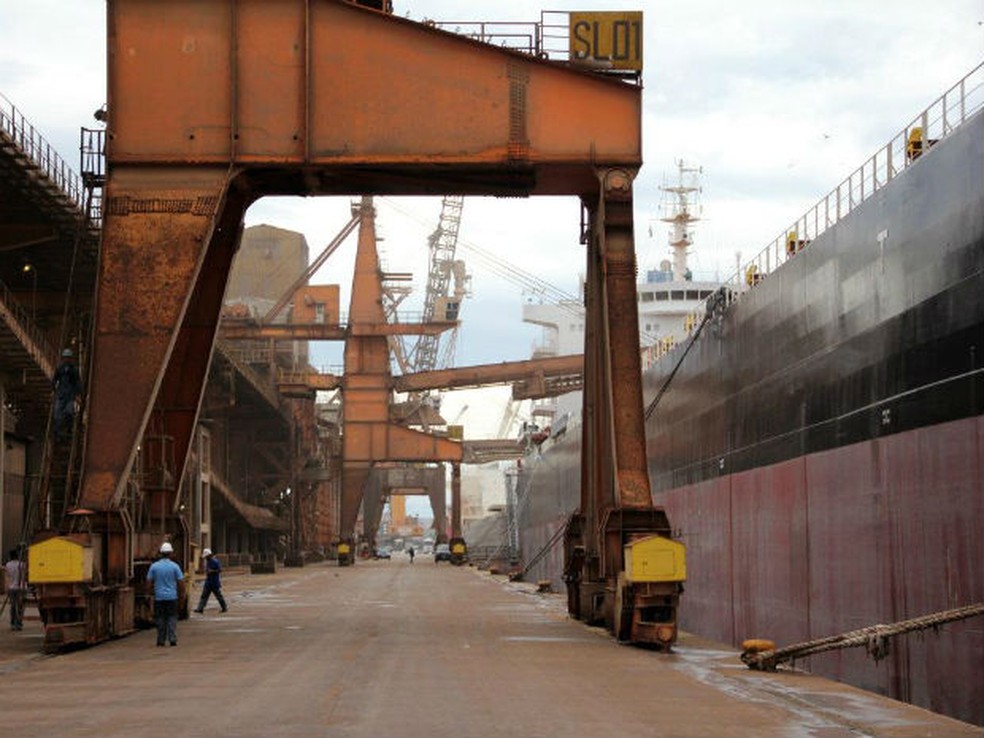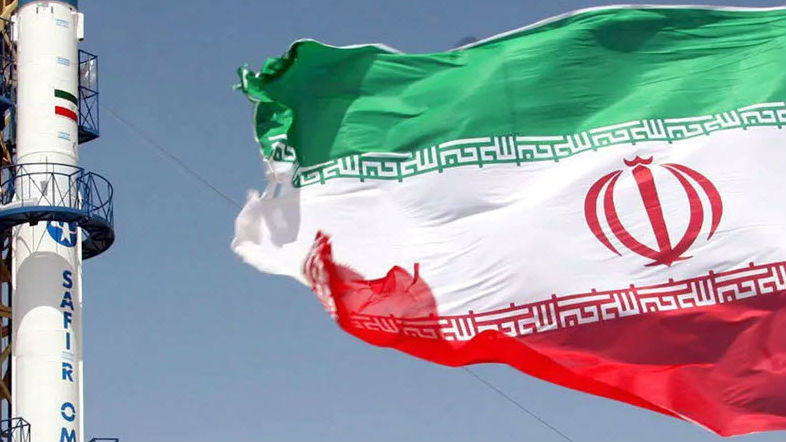RIO DE JANEIRO, BRAZIL – Two ships from Iran that brought urea to Brazil and intended to return to Iran carrying Brazilian corn have been stranded off the port of Paranaguá (Paraná) since the beginning of June, with difficulties in sourcing fuel for the journey to the Asian country due to U.S. sanctions on the Islamic republic.

The U.S. has extended its sanctions against Iran this year, targeting the country’s oil sector. This has hindered the refueling of ships, with state-owned Petrobras refusing to sell fuel for fear of retaliation for violating U.S. rules.
Iranians are the largest importers of corn from Brazil and are also among the primary buyers of soybeans and beef. Although foodstuffs are not the focus of U.S. sanctions, the case raises some concern over agribusiness exports to the Islamic country.
The Bavand vessel has already loaded some 50,000 tons of corn in May at the port of Imbituba in Santa Catarina, while the Termeh should arrive in mid-July to load 66,000 tons of grain, according to information from agents in the port sector.
At least one other Iranian ship, the Daryabar, which is on the same sanctions list, loaded corn in Imbituba in June and sailed off, according to a maritime agency document, which also points out that another Iranian sanctioned ship, the Ganj, should load the product in August.
Other vessels carrying Brazilian corn sold to Iran, loaded onto ships chartered by other multinational companies from other nations, have recently left the country without difficulties, according to maritime data.
Petrobras published a statement on Thursday, July 18th, that the ships are under sanction by the U.S., and therefore it is not supplying the required fuel, under penalty of being punished by the U.S. government, which also included the urea imported by Brazil in the list of sanctions implemented on account of the Iranian nuclear program.
“If Petrobras supplies these ships, it will be liable to inclusion on the same list, incurring serious losses as a result of this sanction,” Petrobras said in a statement, adding that “there are other companies in a position to meet the demand for fuel.”
It is not clear why the ships have not yet sailed back and whether other companies do not want to supply the fuel also out of fear of facing U.S. sanctions.
Sapid, the vessel’s owner, has not replied when asked to comment.
Itamaraty says it is aware of the situation and that legal action is underway on the matter, which is under court secrecy.

This case, with a ship from a sanctioned country trying to buy fuel from Petrobras during its route through Brazil, is unprecedented, according to a source in the state-owned company. “Iran is a sanctioned country… We have shares in the New York Stock Exchange. Thus, Petrobras is prevented from negotiating with sanctioned companies/countries. This is a significant international legal issue,” said the source, who spoke under condition of anonymity.
The case comes at a time when relations between Brazil and the U.S. are at their closest, with president Jair Bolsonaro seeking deeper ties with the country governed by Donald Trump.
According to another Petrobras source, the company had to appeal a court decision in Brazil to maintain its position on not supplying fuel to Iranian ships.
In the first half of 2019, Iran imported approximately 2.5 million tonnes of corn from Brazil, virtually the identical volume imported over the same period last year, according to data from the Brazilian government. The Asian country, in addition to being the largest importer of Brazilian corn, is one of the soy industry’s leading buyers, having imported 1.25 million tons in the same period, compared to approximately one million tons over the same period last year.

